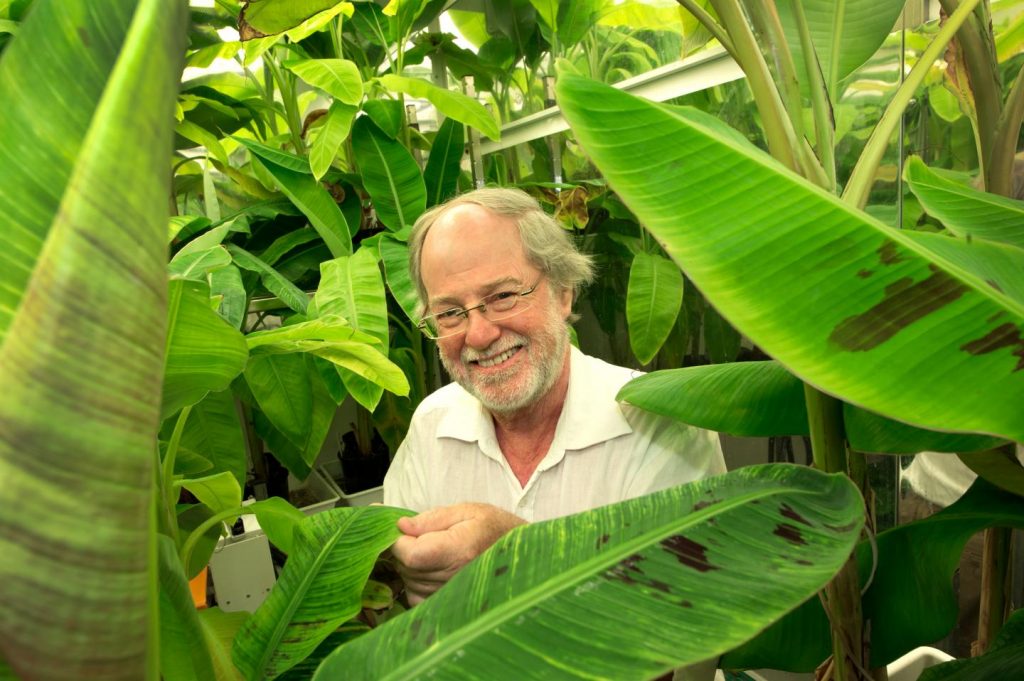Scientists produces new type of banana, rich in pro-vitamin A. And it could save lives
Scientists form Queensland University of Technology developed a new type of banana, rich in pro-vitamin A. The plant could help save hundreds of thousands of children that each year die each year due to vitamin A deficiency.
Professor James Dale form Queensland’s, after a decade-long trials, has succeeded in creating a new type o banana, rich in vitamin A. The achievement, funded by the Bill and Melinda Gates foundation, could help hundreds of thousands of children dying form vitamin A deficiency.
The project undertaken by James Dale is a humanitarian one and the funding received form the Gates foundation was aimed at figuring out a way of improving the nutritional content of bananas in Uganda, where the fruit is the major staple food in their daily diet.
“The East African Highland cooking banana is an excellent source of starch. It is harvested green then chopped and steamed,” professor Dale said.”But it has low levels of micronutrients particularly pro-vitamin A and iron. The consequences of vitamin A deficiency are severe.”
He estimated that 650,000-700,000 children world-wide die from pro-vitamin A deficiency each year with a further several hundred thousand going blind.
What the professor did was to take a gene form a banana that originated in Papua New Guinea, and which is naturally high in vitamin A but has small bunches and insert it into a Cavendish banana. This is how the scientists obtained a the golden banana, with high concentrations of pro-vitamin A.
“Over the years, we’ve been able to develop a banana that has achieved excellent pro-vitamin A levels, hence the golden-orange rather than cream-coloured flesh”, Dale said. “Achieving these scientific results along with their publication, is a major milestone in our quest to deliver a more nutritional diet to some of the poorest subsistence communities in Africa.

Now trials are underway in Uganda and the field research is supervised by young Ugandan students that came to QUT and completed here their PhDs.